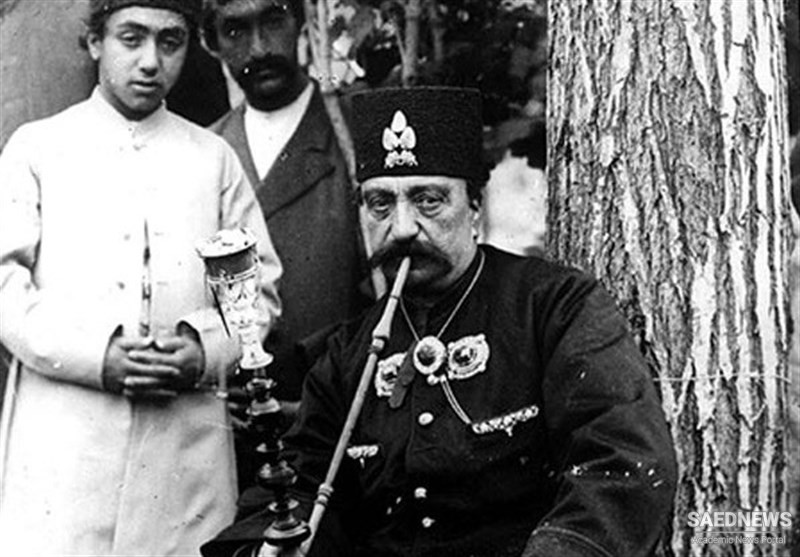Standing to lose their livelihoods, the Persian tobacco middlemen and exporting merchants began to mobilize whatever popular and clerical support they could muster to oppose the monopoly and persuade the state to repeal it. A movement of mass protests between late 1890 and early 1892 successfully challenged both the foreign monopoly and the authority of the Qajar state. This was the first nationwide protest movement, at least since the collapse of the Babi resistance in the 1850s, with popular participation and a pronounced anti-imperialist agenda, a rebellion that anticipated and in some ways paved the way for the Constitutional Revolution some fifteen years later. The Tobacco Protest was the first time that the merchants of the bazaar, a number of high-ranking clergy, and a handful of dissidents found common ground to mobilize the public nationwide and challenge the authority of the shah. Sporadic protests in the cities began in Shiraz in late 1890 and continued over the course of the next year in Isfahan, Tabriz, Mashhad, and other tobacco-growing centers. In nearly all instances, it was the merchants who pleaded with local mojtaheds to render their support and voice the merchants’ grievances. Public gatherings in the mosques denounced the Farangis for their intrusion into the affairs of the Muslims and, more urgently, for ritually polluting the handling of tobacco. Condemnations such as these were familiar staples of anti-European rhetoric in the Qajar period. Yet the mojtaheds of influence and wealth were generally reluctant to sever their traditional ties with the state and openly criticize the shah’s initiative, for fear they would make themselves targets of government retaliation. They nevertheless soon realized that they had nochoice but to side with the merchants and large-scale growers. The slowing of the flow of religious taxes and dues originating in the bazaar brought the message home. By the beginning of 1891, the mojtaheds, especially in Isfahan, with the Najafi family at the helm, came to occupy a prominent place in the protest movement (Source: Iran a Modern History, Abbas Amanat).


 Royal Gift for Major G. F. Talbot: The Regie Monopoly
Royal Gift for Major G. F. Talbot: The Regie Monopoly














































